Tongue-tie Assessment (Frenulotomy)
What is tongue-tie?
For more detailed information on tongue-tie see my Parents Guide.
Additional information can be found in my book ‘Why Tongue-tie Matters’
What to Expect from Your Consultation
Tongue-tie Division Procedure
I will use sterile, blunt-tipped scissors to snip the frenulum (tongue-tie) while lifting the tongue with my index finger. The frenulum will be divided, creating a small diamond-shaped wound.
In clinic consultation
-
Assessment
-
tongue-tie divison (if needed)
-
feeding support
-
free follow up for 3 weeks
-
up to 90 minutes and flange fitting (+ £20)
In clinic consultation
-
Assessment
-
Tongue-tie division (if required)
-
feeding support
-
free follow up for 3 weeks
In clinic consultation
-
Feeding support and tongue-tie assessment with sarah oakley
-
Osteopathic clinic with Celia Crooke
-
Tongue tie division if needed (+ £100)
Infant Feeding
What is a lactation consultant?
IBCLCs hold the highest internationally recognised qualification in lactation and are required to stay up to date with the latest practises through regular professional development.
Once qualified IBCLCs are required to prove they have kept up to date every 5 years by submitting evidence of 75 hours of continuing professional development. There also used to be a requirement to resit the exam every 10. I have sat the exam twice, once in 2009 and again in 2019.
IBCLCs come from a variety of backgrounds in medicine, nursing, midwifery and breastfeeding counselling. Most are women. But a few are men as there is no requirement to have breastfed yourself in order to be an IBCLC. It is the highest recognised qualification in breastfeeding and is recognised internationally.
Lactation Consultants have specialist skills to support mothers and babies with the more complex issues such as prematurity, twins and multiples, sick babies and those with special needs, poor weight gain and low milk supply, sucking problems, tongue-tie and cleft palate.
Many people within the NHS and private sectors call themselves breastfeeding consultants or specialists but do not have the IBCLC credential. IBCLCs are regulated by the International Board of Lactation Consultant Examiners (IBLCE) and have to follow a strict code of conduct. You can check that the person supporting you is an IBCLC on the IBLCE public registry.
What to Expect from Your Consultation
During your consultation, I’ll ask questions about your baby’s health and feeding history to ensure I can provide the best care. This is because, as a private practitioner, I don’t have access to NHS health records—so the more information you can provide ahead of time, the better.
Why Choose Me as Your IBCLC?
If you’d like to confirm my IBCLC certification, you can check it on the IBLCE public registry.
As an IBCLC I can offer parents antenatal consultations to prepare for breastfeeding and early parenthood as well as support with feeding after the birth. As an expert in infant feeding I can also offer training to other breastfeeding supports and healthcare professionals.
In clinic consultation
-
breastfeeding assessment and support
-
up to 90 minutes and flange fitting (+ £20)
-
in clinic
In clinic consultation
-
Assessment and support
-
In clinic
Video call
-
breastfeeding assessment and support
-
online video call
Follow up Appointments
Video call
Video call
(Breastfeeding Counsellor)
In clinic
Home Visit
(Breastfeeding Counsellor)
Antenatal Breastfeeding Support
Group Antenatal Workshops
Individual Antenatal Sessions
Individual
Group
Breast Pump Flange Fitting
How Can Pumping Be Made More Comfortable and Efficient?
But a lot of families are confused by the wide range of pumps on the market and pumping is sometimes uncomfortable and time consuming and doesn’t always produce the quantities of milk we would like.
These sessions will help you choose the right pump for your needs and also help you with flange fitting. If a flange is not the correct size this will impact comfort and efficiency during pumping. In many cases the flange supplied with the pump is too large. We will also explore pumping techniques and agree a pumping pattern to suit your needs.
Pump flange fitting
Other services
Three Step Rewind with Jo Thompson at the Burwell Clinic
The person going through the process is always in control and doesn’t even have to talk about the experience if they don’t want to.
The course is set over three sessions, which can be face to face or via Soom over about a month.
Wellington Baby Wearing
Osteopathy Clinic
In clinic consultation
-
Feeding support and tongue-tie assessment with sarah oakley
-
Osteopathic clinic with Celia Crooke
-
Tongue tie division if needed (+ £100)







